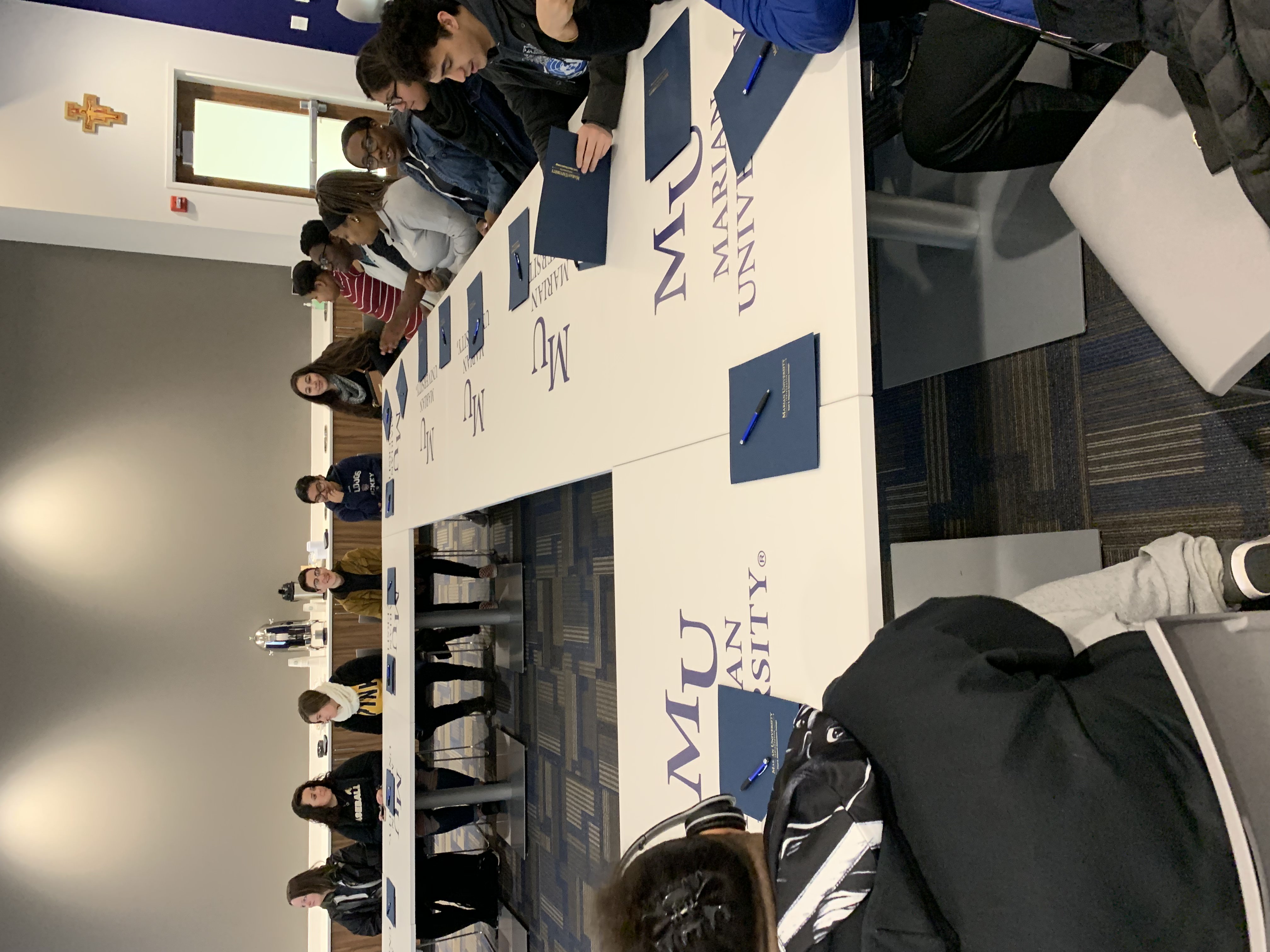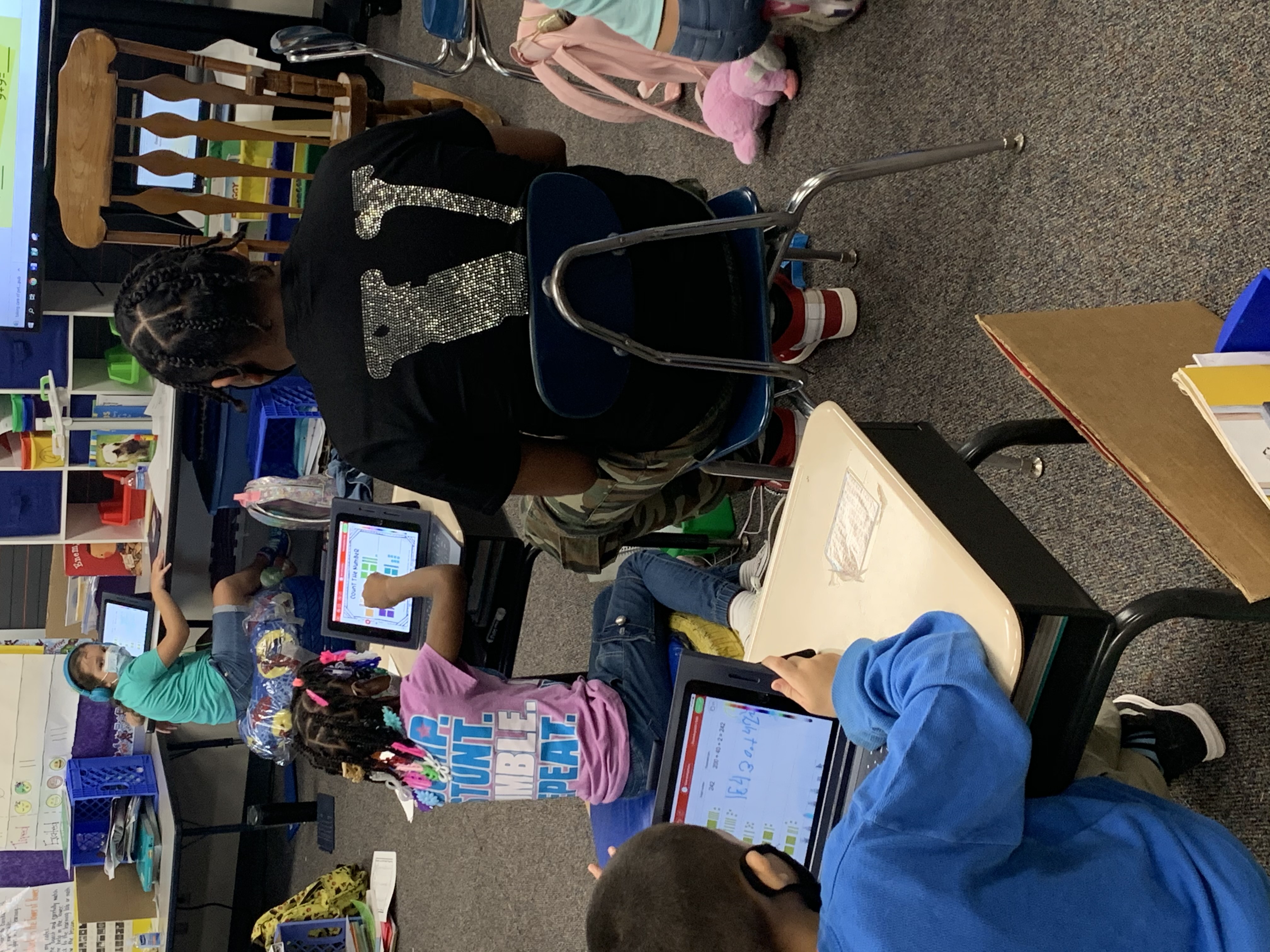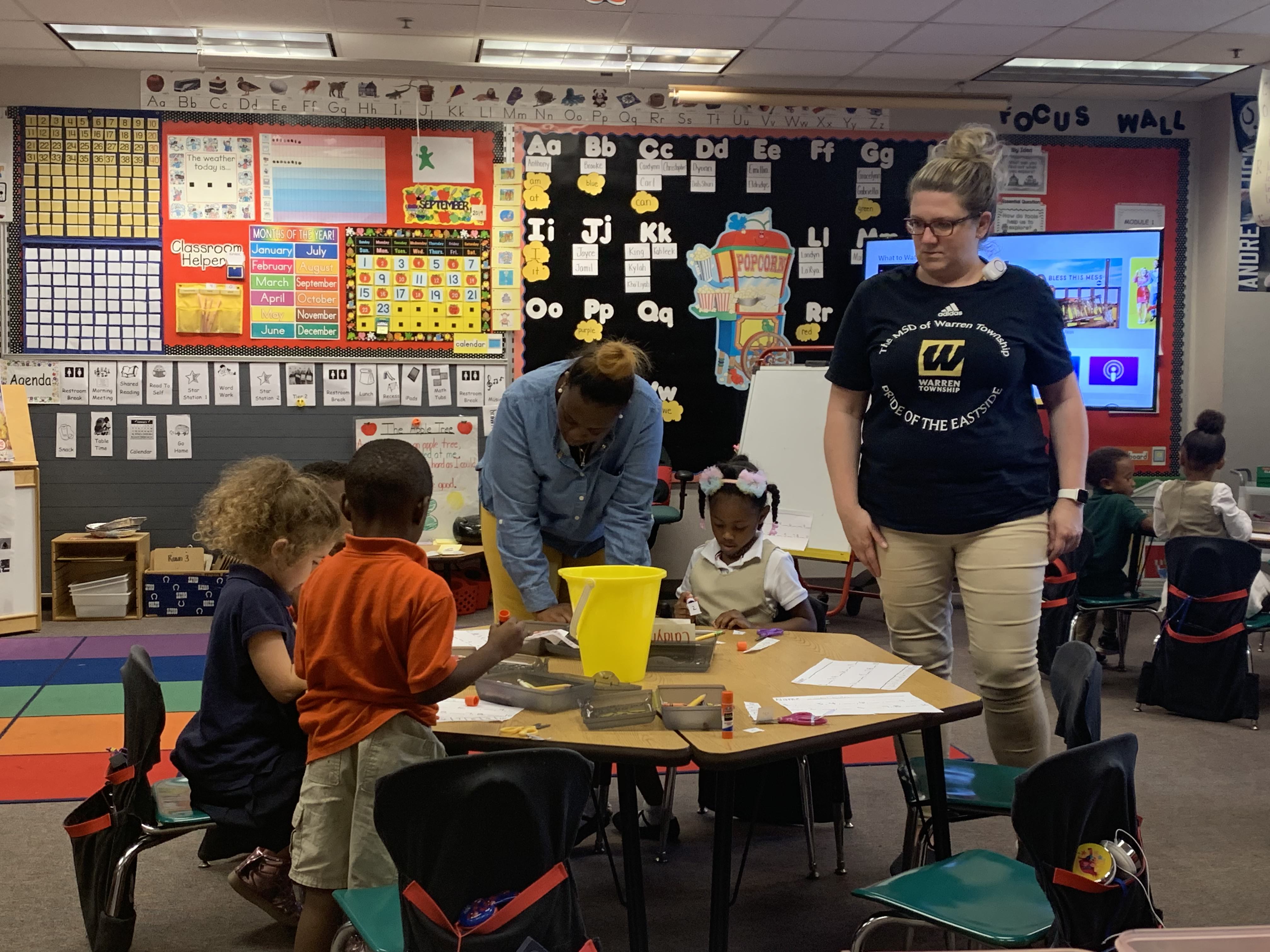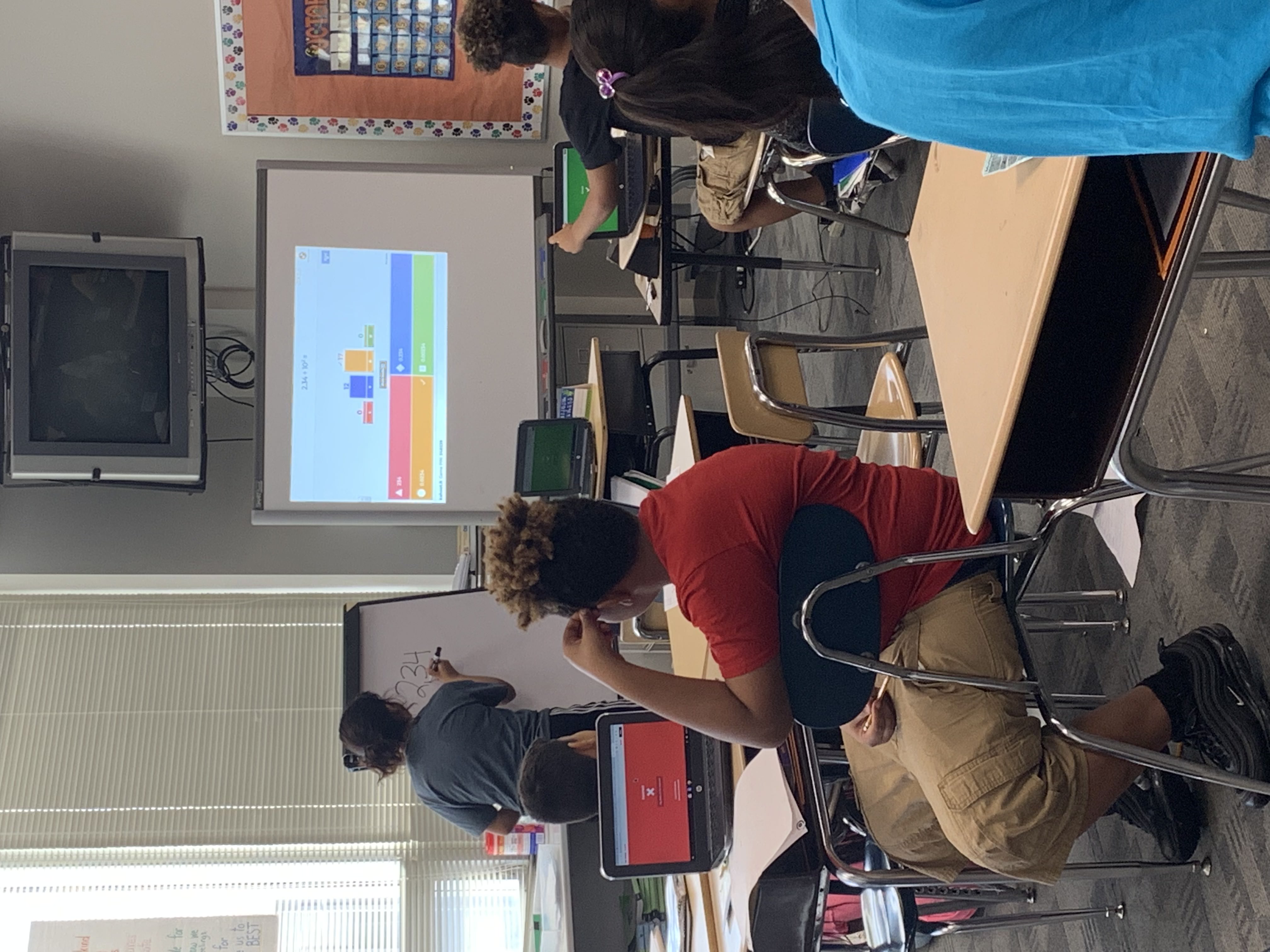
Education Professions
Education Professions at a Glance
Student Educators create lesson plans and teach those plans to classes and individuals, track student progress, and manage a classroom. These students get to explore the teaching profession, apply learning theory, create lessons and learning environments, determine classroom management, examine student learning, learn assessment techniques, give learner feedback, promote a positive environment, and gain knowledge on ethical and legal standards.
Advanced Child Development
This course examines basic principles of child development.
Available to: Grades 10-12
Taught By:
Requires: None
Principles of Teaching
This course introduces the field of teaching. Students will explore educational careers, teaching preparation, and professional expecta- tions as well as requirements for teacher certification.
Child and Adolescent Development
Child and Adolescent Development examines the physical, social, emotional, cognitive, and moral development of the child from birth through adolescence with a focus on the middle years through adolescence.
Teaching and Learning
Teaching and Learning provides students the opportunity to apply many of the concepts that they have learned throughout the Educa- tion Professions pathway.
Available to: Grades 11-12
Taught By:
Requires: None
Education Professions Capstone
The Education Professions Capstone provides an extended opportunity for field experience to further apply concepts that have been presented throughout the pathway. This class requires an instructor recommendation.
Available to: Grade 12
Taught By:
Requires: (1) Principles of Teaching; (2) Child and Adolescent Development; (3) Teaching and Learning





